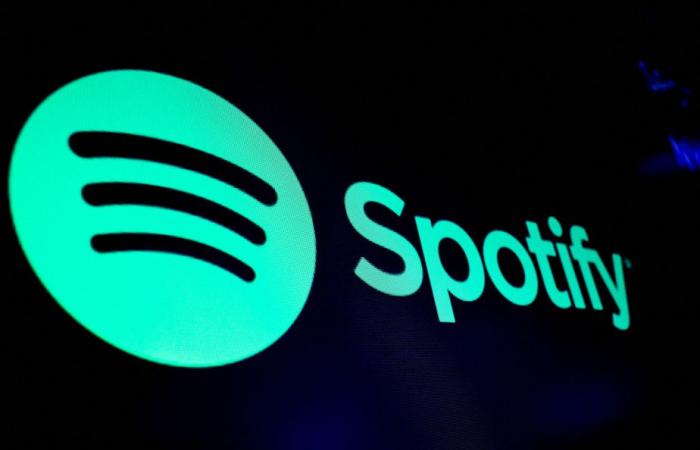(New York) The American giant of the Universal Music Group music industry (UMG) and the Spotify streaming platform announced on Sunday a multi -year agreement which will notably affect the rate of remuneration of the beneficiaries.
Posted at 7:55 p.m.
The joint declaration does not give details on the value or duration of the agreement, but indicates thatMG and Spotify “will collaborate closely to advance the next era of innovation in terms of continuous dissemination”.
“Artists, songwriters and consumers will benefit from new and scalable offers, new paid subscription levels, a grouped offer of musical and non-musical content, and a catalog of audio and visual content rich ”, can be read in the press release.
The agreement “establishes in particular a direct license between Spotify and Universal Music Publishing Group for the entire Potify’s current product portfolio in the United States and several other countries,” said the two companies.
According to the specialized site Billboard, this is the first direct partnership concluded by Spotify with a publisher since the 2018 law on the modernization of music which aims in particular to improve the way in which the songwriters are remunerated via streaming.
-This seems to indicate a sign of compromise with regard to the deployment of offers grouped by Spotify which, according to Billboard, make it possible to reduce the percentage of reversed income, because the total content is more extensive.
“Spotify maintains its grouped offer, but with this direct agreement (with UMG), it has evolved to take into account wider rights, including different economic treatment for musical and non-musical content,” said a spokesperson from Spotify to the Music Business Worldwide site.
Last May, Spotify was assigned to the American federal justice by the Mechanical Licensing Collective (MLC), the organization responsible for collecting musical rights to streaming platforms, which accuses him of having unilaterally reduced royalties paid to artists .
UMG CEO, Lucian Grainge, said in a statement that the agreement was an example of his business “vision” for “streaming 2.0”, which aims to increase value through levels of subscription And the sale of products rather than focus on the number of streams.






